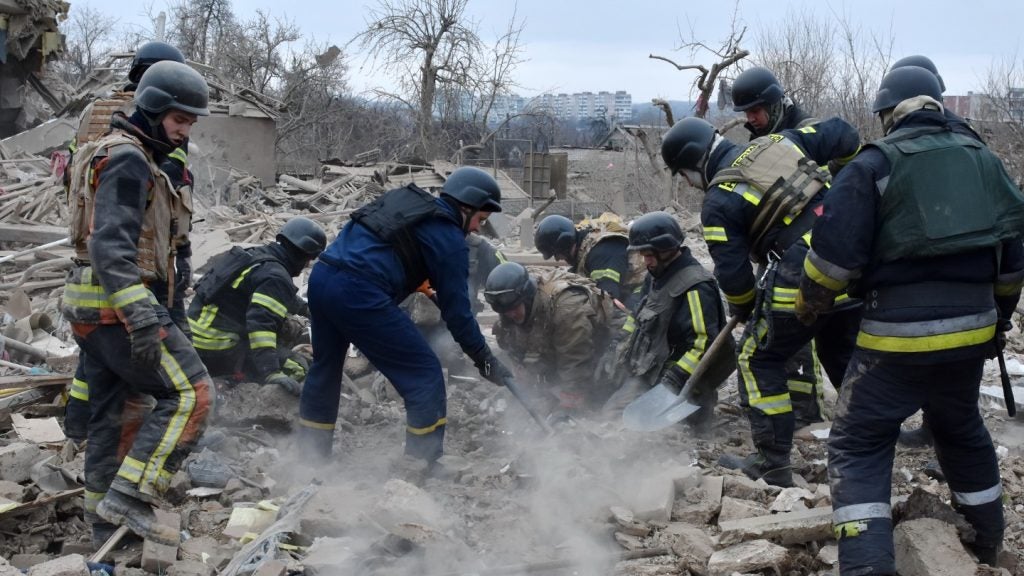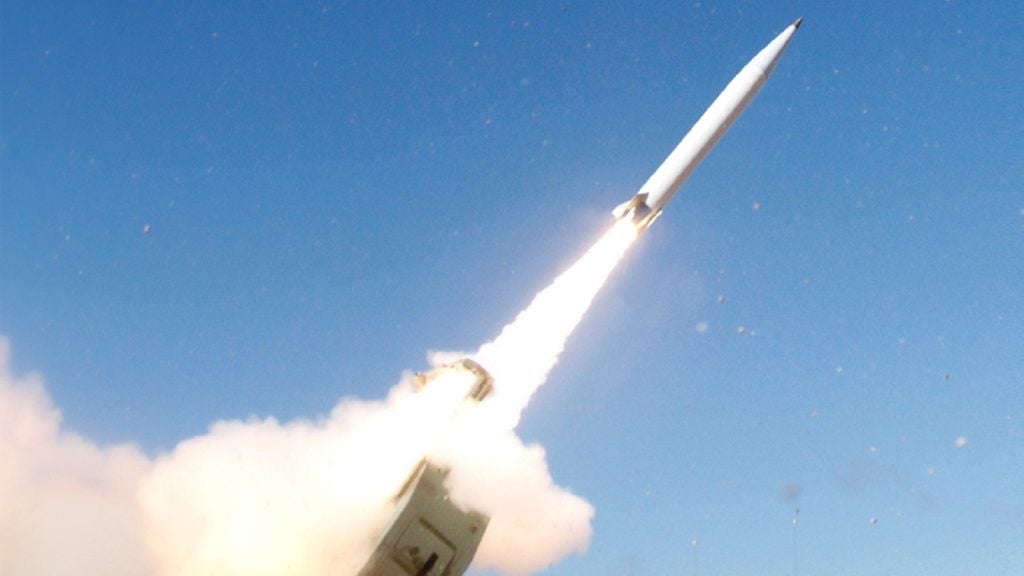A new US Army-funded study has found that soldiers that have been exposed to explosions have a higher risk of developing Alzheimer’s disease.
The new findings indicate that military personnel who did not receive traumatic brain injuries from the blast are at risk of developing Alzheimer’s, a neurologic disorder that causes dementia.
The study was published in the medical journal Brain Pathology.
It was conducted by researchers at the University of North Carolina at Pembroke (UNC-Pembroke) in collaboration with the US Army Combat Capabilities Development Command (DEVCOM), the Army Research Laboratory (ARL), and the National Institutes of Health.
ARL’s Army Research Office programme manager Dr Frederick Gregory said: “Blasts can lead to debilitating neurological and psychological damage but the underlying injury mechanisms are not well understood.
“Understanding the molecular pathophysiology of blast-induced brain injury and potential impacts on long-term brain health is extremely important to understand in order to protect the lifelong health and wellbeing of our service members.”
How well do you really know your competitors?
Access the most comprehensive Company Profiles on the market, powered by GlobalData. Save hours of research. Gain competitive edge.

Thank you!
Your download email will arrive shortly
Not ready to buy yet? Download a free sample
We are confident about the unique quality of our Company Profiles. However, we want you to make the most beneficial decision for your business, so we offer a free sample that you can download by submitting the below form
By GlobalDataIn the research, the team tested the impact of controlled military blast waves on slices of rat hippocampus.
An analysis of the samples identified selective reductions in components of brain connections that are required for memory. Researchers also observed a sharp drop in electrical activity from those neuronal connections.
Researchers stated that blast-induced effects were evident among healthy neurons, which can explain the increased risk of Alzheimer’s disease among soldiers without any apparent brain damage.
UNC-Pembroke professor Dr Ben Bahr said: “This finding may explain those many blast-exposed individuals returning from war zones with no detectable brain injury, but who still suffer from persistent neurological symptoms, including depression, headaches, irritability and memory problems.”







